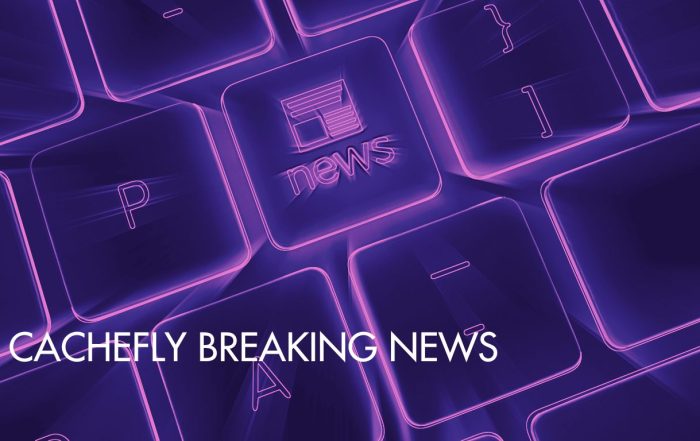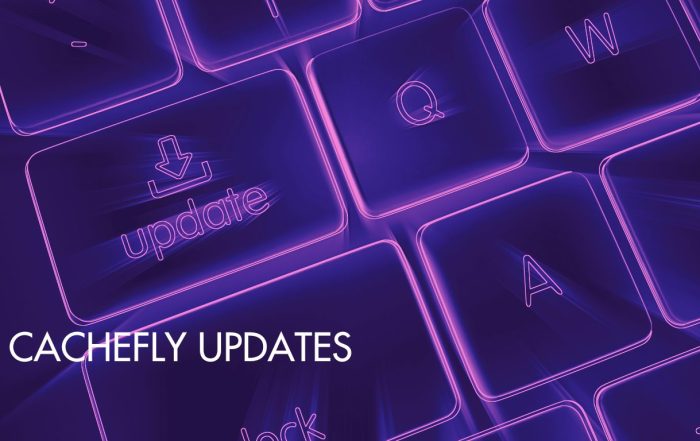
Harmonizing Technology: AI-Generated Music and CDNs
Key Takeaways
- Platforms like Suno, Udio, and SuperMusic AI are democratizing music creation with their advanced AI algorithms. This allows even non-musicians to generate unique tracks.
- The increasing popularity of AI-generated music in B2B streaming platforms is set to raise the demand for robust CDNs. Smooth and reliable content delivery is critical.
- Despite the exciting potential of AI-generated music, it faces challenges. Content distribution issues involving content rights and licensing are a problem.
- CDNs are essential in the efficient distribution of AI-generated music, ensuring low latency and high availability.
In the realm of music creation, a new player has emerged—Artificial Intelligence. With AI music creation platforms such as Suno, Udio, and SuperMusic AI, the ability to generate unique tracks is no longer confined to seasoned musicians. Furthermore, the rise of AI-generated music is having a notable impact on the B2B streaming platform landscape, potentially leading to a higher demand for robust content delivery networks (CDNs). However, as we navigate this exciting new frontier, it’s essential to be aware of the complex issues surrounding content rights and licensing that could pose challenges to the distribution of AI-generated music.
The Rise of AI-Generated Music: Opportunities and Challenges
AI music creation platforms like Suno, Udio, and SuperMusic AI are democratizing the music industry. These platforms leverage powerful AI algorithms and user-friendly interfaces to enable users to create professional-quality music, even without extensive musical knowledge or experience. This technological advancement is opening up new opportunities for musicians, content creators, and entrepreneurs to explore innovative sounds and styles.
As more and more people are drawn to the allure of creating their own unique tracks, AI-generated music is gaining traction in B2B streaming platforms. This increase in popularity is driving a surge in demand for a robust CDN infrastructure. Providers will need to ensure smooth, reliable delivery of AI-generated content to end-users, irrespective of their geographical location. In this context, CDNs are becoming an essential part of the AI music distribution process.
However, it’s not all smooth sailing in the world of AI-generated music. This new form of music creation presents exciting possibilities but also faces significant challenges in distribution due to complex issues surrounding content rights and licensing. The legal landscape for AI-generated content is still evolving, with many unanswered questions about ownership, royalties, and attribution. As such, content creators must navigate these complexities carefully and ensure compliance with relevant regulations and platform guidelines when distributing AI-generated music.
Leveraging CDNs for Efficient AI Music Distribution
In the rapidly evolving space of AI-generated music, the role of Content Delivery Networks (CDNs) is becoming increasingly significant. CDNs are vital for delivering AI-generated music to end-users, ensuring low latency, high availability, and scalability. CDNs cache AI-generated music files at strategically located servers around the world. This minimizes the distance between the content and the end-user. The result? Faster load times and an improved user experience.
Moreover, CDNs provide redundancy and failover mechanisms. This ensures that AI music remains accessible even in the event of server failures or network disruptions. This kind of reliability is crucial in the world of music streaming, where user retention is directly linked to the quality and consistency of the listening experience.
However, it’s not just about delivering the content—it’s about doing so intelligently. Here’s where AI can play a pivotal role in CDN optimization. AI algorithms can analyze user behavior, content popularity, and network conditions to make intelligent caching and routing decisions. The ability of AI to predict which AI-generated music tracks are likely to be in high demand allows CDNs to proactively cache that content closer to the users. In turn this reduces latency and improves performance. Furthermore, AI can help CDNs dynamically adjust their load balancing strategies based on real-time traffic patterns and user requirements.
Music Distribution Tools Supported By CDNs
Beyond the technicalities of content delivery, let’s not forget the actual process of getting the AI-generated music out there. Music distribution tools simplify the process of uploading AI-generated music to various streaming platforms, enabling creators to monetize their creations effectively. DistroKid is a popular music distribution platform. It allows music creators to easily upload their AI-generated tracks and automatically distributes them to major streaming services like Spotify, Apple Music, and YouTube. By leveraging such distribution tools, AI music creators can focus on the creative process while ensuring their music reaches a wide audience and generates revenue through streaming royalties.
In a nutshell, the combination of CDNs and AI technology is revolutionizing the way AI-generated music is distributed and consumed, paving the way for a new era in the music industry.
Monetizing AI-Generated Music: Strategies and Platforms
As the landscape of AI-generated music expands, so does the potential for monetization. One prominent platform that comes to mind is YouTube. As long as the content aligns with the platform’s monetization policies and guidelines, creators can effectively earn money from AI music videos. YouTube encourages the disclosure of AI usage and the production of original, high-value content that captivates the audience. However, it’s crucial that creators ensure their AI-generated music complies with YouTube’s copyright policies, and does not infringe upon existing musical works.
Moving beyond YouTube, there are dedicated platforms like Unchained Music that allow the upload of AI-generated music for distribution. While Unchained Music welcomes AI-generated music, creators must tread carefully to ensure they have the necessary rights and permissions to distribute the content. Clear labeling of AI-generated music and appropriate attribution to any third-party tools or datasets used in the creation process are essential.
Monetization of AI-generated music isn’t only about distribution platforms, it’s also about the tools that enable creators to produce monetizable content. Enter Soundraw, an AI tool that’s revolutionizing the music industry. Tools like this empower users to generate original, professional-quality instrumentals as a foundation for their songs, without requiring extensive musical expertise. By leveraging AI-generated beats and instrumentals, creators can efficiently produce music for various purposes. For example, this includes monetizing on YouTube, creating soundtracks for videos, or developing full-fledged songs.
Let’s delve deeper into the era of AI-generated music. In doing so, t’s important to understand the strategies and platforms for effective monetization. It’s a brave new world out there, and the pioneers are those who can harmoniously blend creativity, technology, and business acumen.
AI and the Future of Music Distribution and Content Delivery
As the horizon of AI-generated music expands, so does its impact on music distribution and licensing. With AI technologies pushing the boundaries of what’s possible, they are primed to play a pivotal role in addressing complex issues in music distribution and licensing. AI algorithms have the potential to streamline the process of tracking music usage, ensuring accurate royalty payments, and identifying potential instances of copyright infringement. By automating certain aspects of music distribution and licensing, AI can significantly reduce administrative burdens. This paves the way for more efficient and transparent processes.
But the music industry isn’t just about distribution and licensing—it’s also about personalization and user experience. Herein lies the potential of the marriage between AI and CDNs. AI algorithms can analyze user preferences, listening habits, and contextual data to create highly personalized music recommendations and playlists. CDNs, on the other hand, can leverage AI to dynamically optimize content delivery based on individual user requirements, network conditions, and device capabilities. This ensures a seamless and tailored music streaming experience. It’s an integration that promises to drive further innovations in personalized music experiences and content delivery optimization.
As the music industry continues to evolve, collaboration between AI technology providers, music distribution platforms, and CDN operators will be crucial in shaping the future of music. By working together, these stakeholders can address the legal, technical, and creative challenges associated with AI-generated music. This way they can develop innovative solutions that benefit creators, platforms, and listeners alike. The continued growth and success of AI-generated music will depend on the ability of the industry to adapt and innovate. It must find mutually beneficial ways to leverage the power of AI and CDN technology in the music ecosystem.
About CacheFly
Beat your competition with faster content delivery, anywhere in the world! CacheFly provides reliable CDN solutions, fully tailored to your business.
Want to talk further about our services? We promise, we’re human. Reach us here.
Product Updates
Explore our latest updates and enhancements for an unmatched CDN experience.
Book a Demo
Discover the CacheFly difference in a brief discussion, getting answers quickly, while also reviewing customization needs and special service requests.
Free Developer Account
Unlock CacheFly’s unparalleled performance, security, and scalability by signing up for a free all-access developer account today.
CacheFly in the News
Learn About
Work at CacheFly
We’re positioned to scale and want to work with people who are excited about making the internet run faster and reach farther. Ready for your next big adventure?



